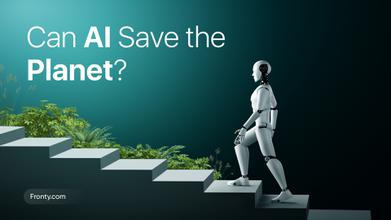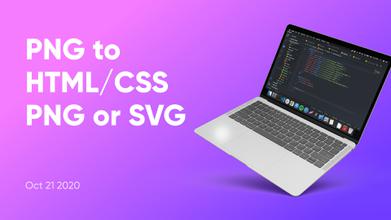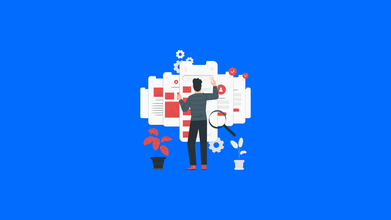Everyday Examples of Artificial Intelligence
Mar 15, 2021 17256 seen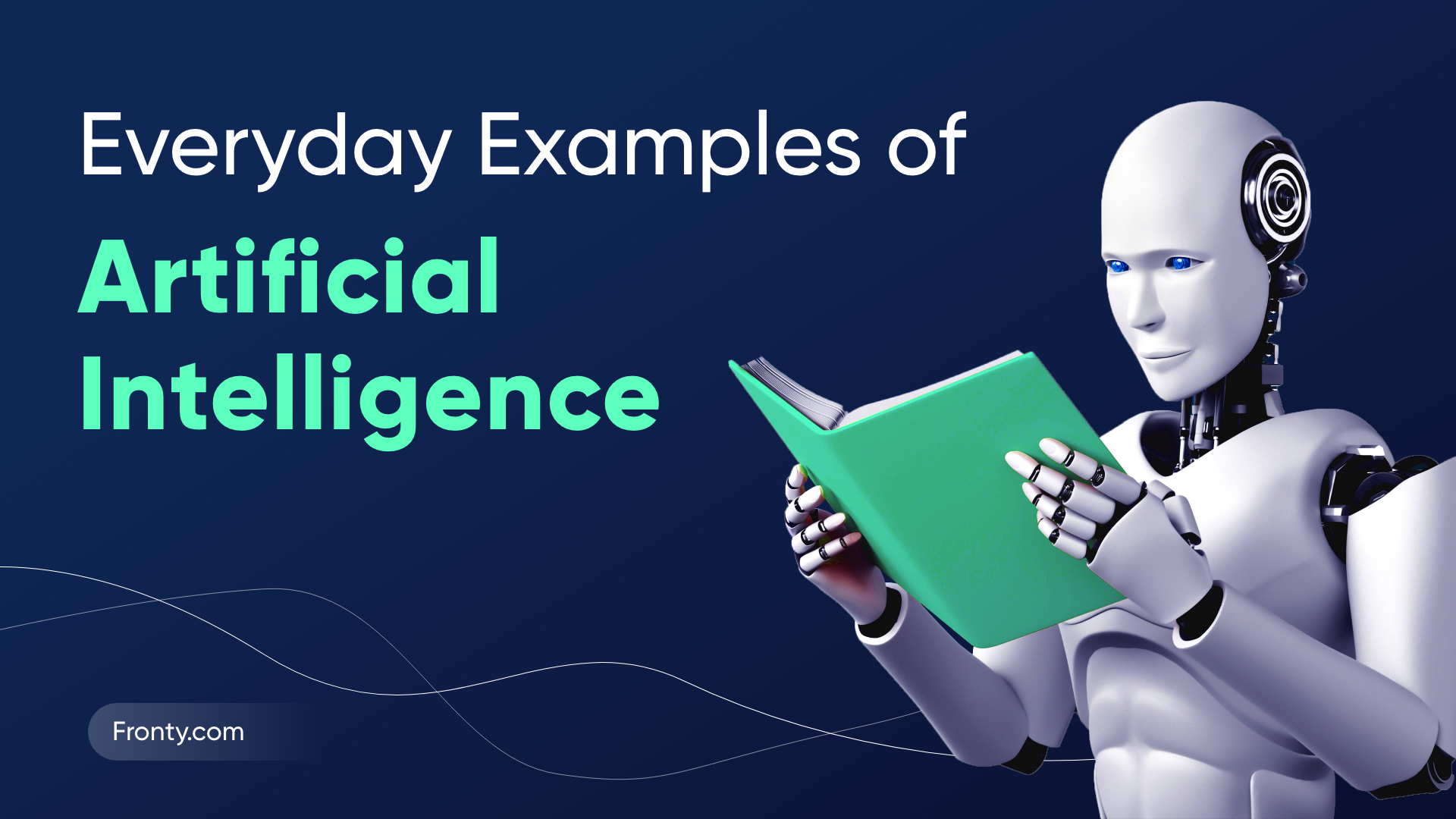
Machine Learning and Artificial Intelligence are the most important modern trends that are considered the key factor in today's businesses' success. You might imagine that artificial intelligence is something the big tech giants are focused on, and that AI does not affect your everyday life. Let’s see what are examples of artificial intelligence that you’re already using right now.
Email filters in Gmail
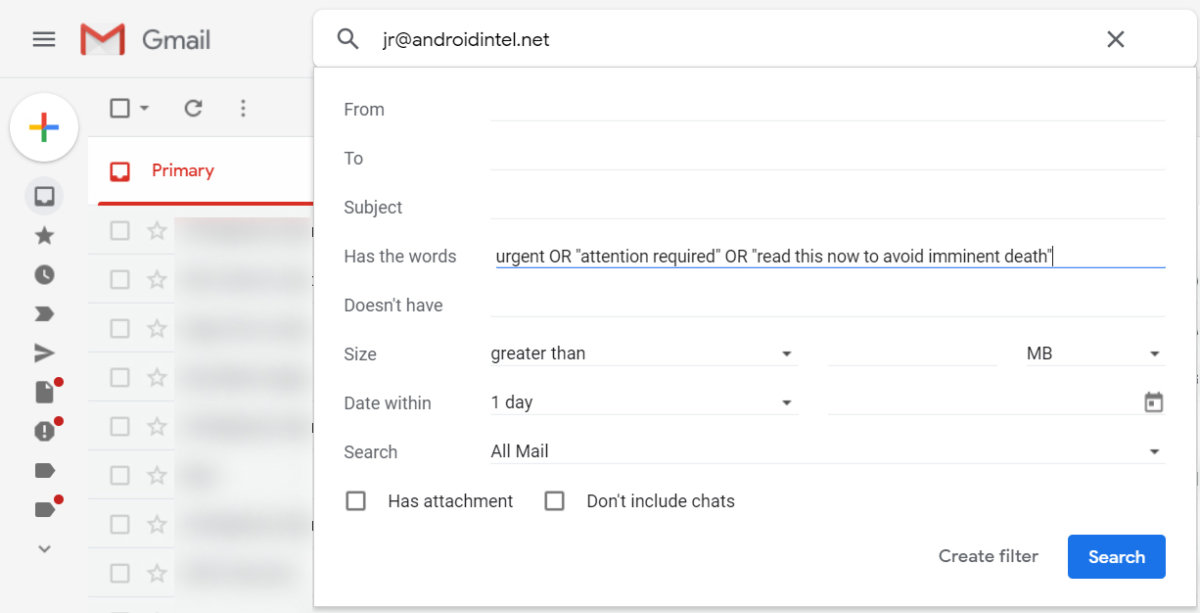
Every day most of us send an email. There are two fields where email service providers use machine learning and artificial intelligence. First - the advanced spam filter. The second aspect - smart email categorization. Gmail uses an approach to categorize your emails into primary, social, and promotion inboxes.
Besides, Google uses AI to ensure that nearly the entire email landing in your inbox is authentic. The program helps your emails get organized so you can find your way to important communications quicker.
Mobile phones with face ID

The first thing you do each morning is to reach for your smartphone. When your device gets unlocked using face ID, which is an example of artificial intelligence. The system uses machine learning algorithms to compare the scan of your face with what it has stored about your face to determine if the person trying to unlock the phone is you or not.
Social Media
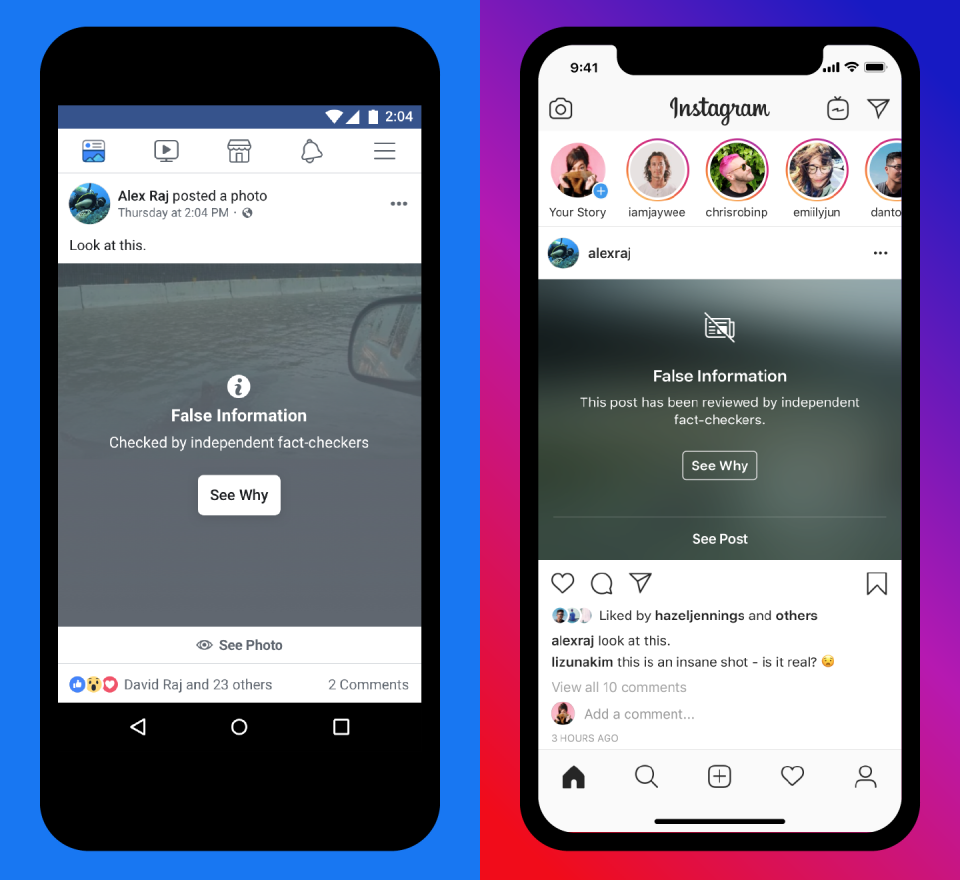
Do you use Facebook, Instagram, Twitter? Well, artificial intelligence works behind the scenes to personalize what you see on your feeds, figure friend suggestions, identifying fake news or accounts.
Google search engine
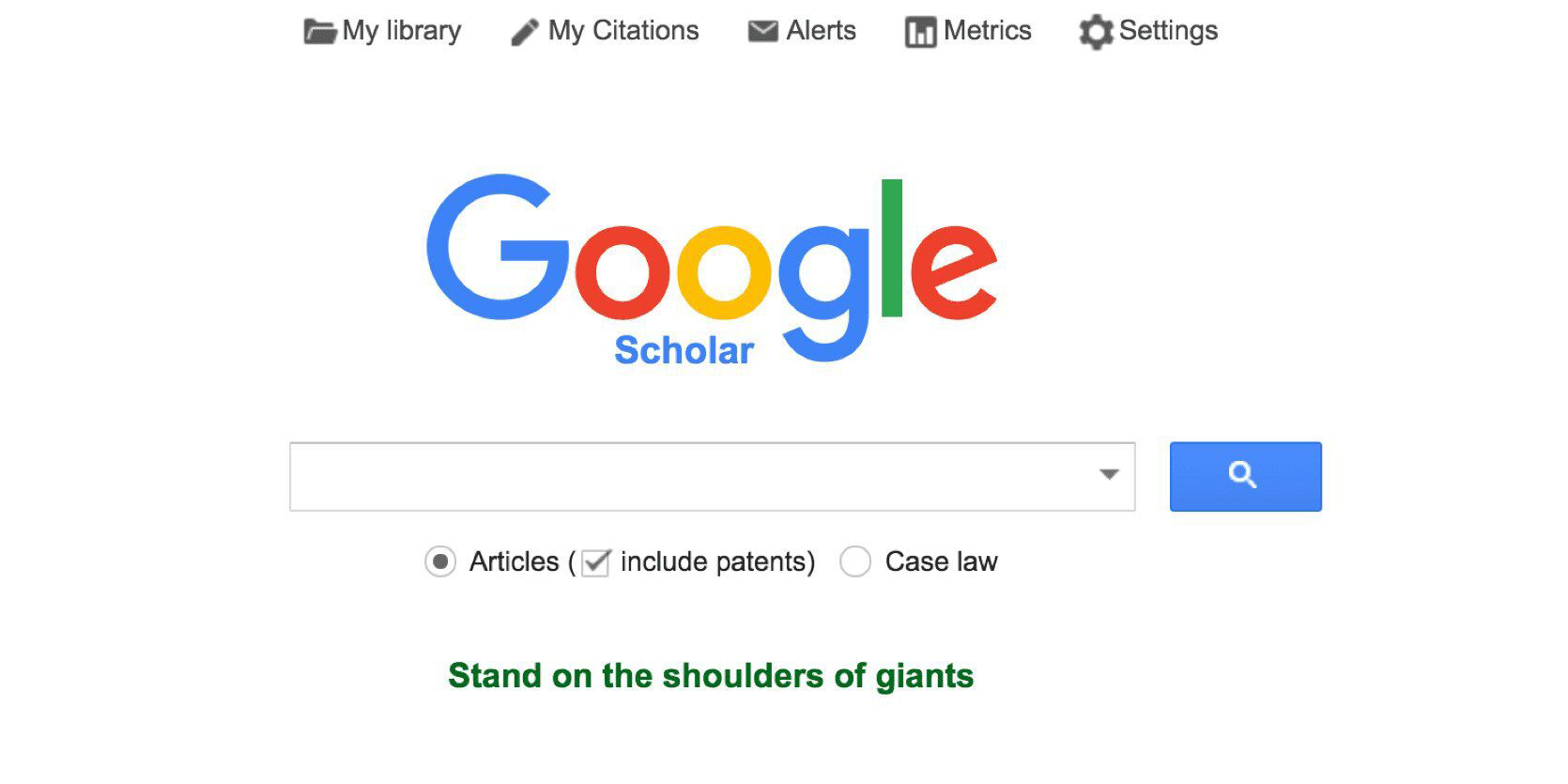
We all use the Google search tools, most of us can’t go a day without using them. Search engines could not scan the internet and deliver what you want without the assistance of artificial intelligence. Overall, based on your search history AI will suggest ads or items to you.
Banking
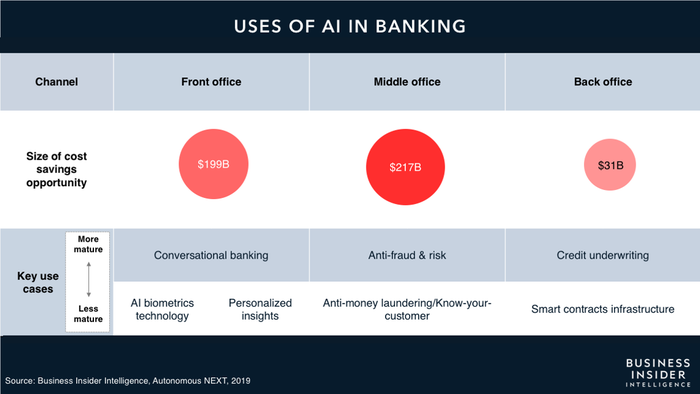
With the help of machine learning and AI, a large number of banks and financial instructions have become able to review the quality of applications and analyze and predict risks, to make informed decisions. The traditional aspect is implementing AI and machine learning to improve user engagement.
Plagiarism Checkers
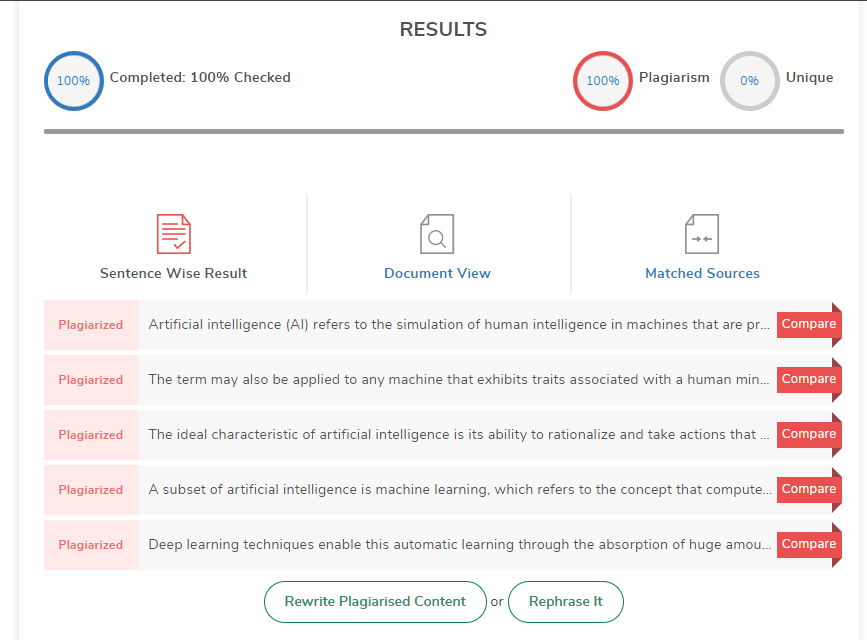
Plagiarism checkers are helpful in all aspects of life. The algorithmic key to plagiarism is the similarity function, which outputs a numeric estimate of how similar two documents are. AI-powered plagiarism detector can manually review any papers flagged by the algorithm while ignoring the rest.
Image to code Converters
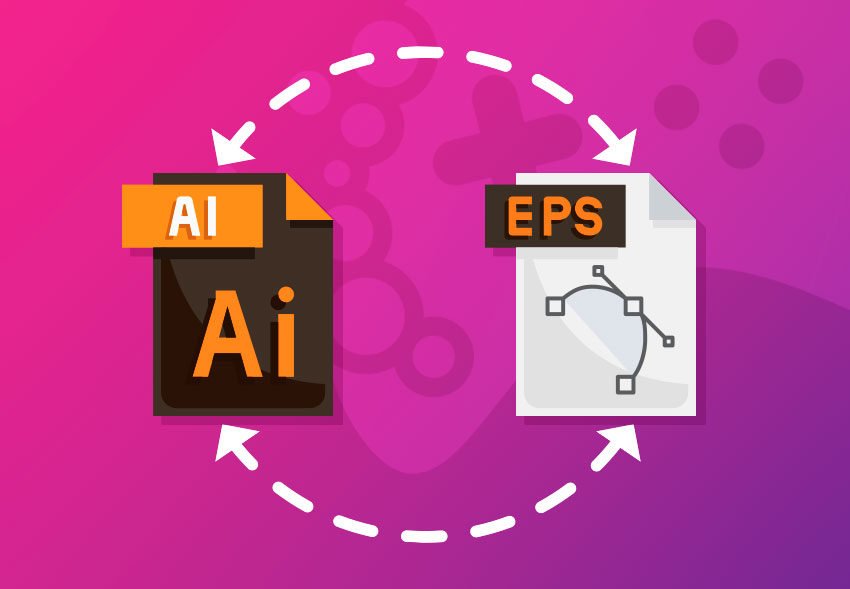
Many tools can help you to convert your image to HTML/CSS code. Simply put you can create your websites or landing pages very easily. Most of the online converters use AI to convert your project to working HTML prototypes.
